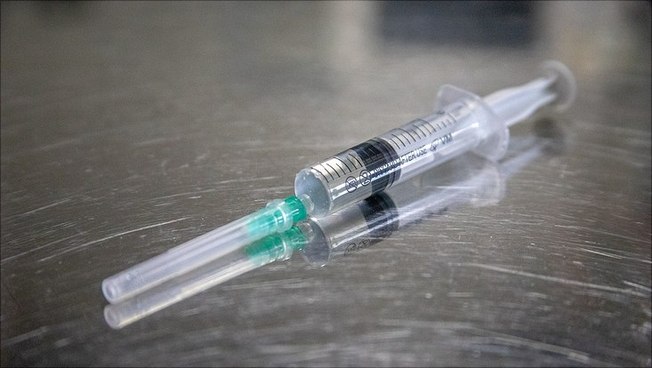8 February 2021
COVID-19 study: rising vaccination willingness and trust in vaccinesInformation is Key to Vaccination Willingness

Photo: Pixabay
In comparison to other surveyed countries in Europe, Germany ranks second to last when it comes to a willingness to be vaccinated. Only France has fewer people (48 percent) willing to get vaccinated. Great Britain and Denmark rank at the top, with 80 percent of their populations willing to get vaccinated. In total, more people in all of countries in question have been willing to get vaccinated since last November. The HCHE conducts its representative survey with over 7,000 people in 7 European countries every 2 months.
“We see that above all, it is undecided younger people who have now made a decision,” Prof. Dr. Jonas Schreyögg, HCHE’s scientific director at Universität Hamburg, explains. “Furthermore, it has become clear that vaccination willingness increases the more someone understands the current situation.” For example, 78 percent of those who closely follow the news, whether in TV or in the newspapers, get vaccinated. In comparison, only 42 percent of the less-informed do so.
Trust in the safety of the vaccine has risen since November in all countries. In Great Britain and Denmark, 70 percent trust the vaccine. All the same, in Germany 57 percent of the population now believes that the available vaccines are safe. Here, too, interest in the news plays a major role. A comparison of all countries shows that the well-informed are twice as likely to trust the safety of the vaccines as are the poorly informed (72 to 32 percent respectively).
Of those who wish to be vaccinated, 48.2 percent have no preference for any one of the currently approved vaccines. If a vaccine could be chosen, 33.3 percent would choose Biontech/Pfizer, 5.8 percent would choose Moderna, and only 2 percent would choose AstraZeneca. Only 19 percent of those surveyed would postpone a second shot for the sake of ensuring more people could get vaccinated. Fifty-one percent reject this. In Great Britain, where this policy has already been implemented, 41 percent agree with delaying the second shot.
Since the beginning of the pandemic, trust in governmental COVID-19 information has remained unchanged in many countries. Trust is highest in Denmark. In the Netherlands, over 80 percent trust the information, with Germany trailing on its heels at 77 percent. Great Britain is an exception. Starting with high percentages in April of last year, the British government experienced a significant loss of trust (84 percent in April 2020, 63 in September and November 2020). It is once again experiencing rising levels of trust (69 percent).
Even when people calculate their personal risk of infection with corona the same as they did in November, more and more of them observe regulations. In all surveyed countries, values have risen in all areas since November, including maintaining distance (from 46 to 57 percent in Germany) and avoiding hugs, kissing, and shaking hands (66 to 73 percent in Germany).
Current findings are based on the survey period from 19 January to 1 February 2021. See https://www.hche.uni-hamburg.de/corona.html for a representation of all the findings from all surveys.
Partner institution:
The survey is a cooperation project between the Hamburg Center for Health Economics at Universität Hamburg, the Nova School of Business and Economics (Portugal), Bocconi University (Italy), and Erasmus University Rotterdam (Netherlands). Universität Hamburg funds the project from resources granted in the Excellence Strategy.
